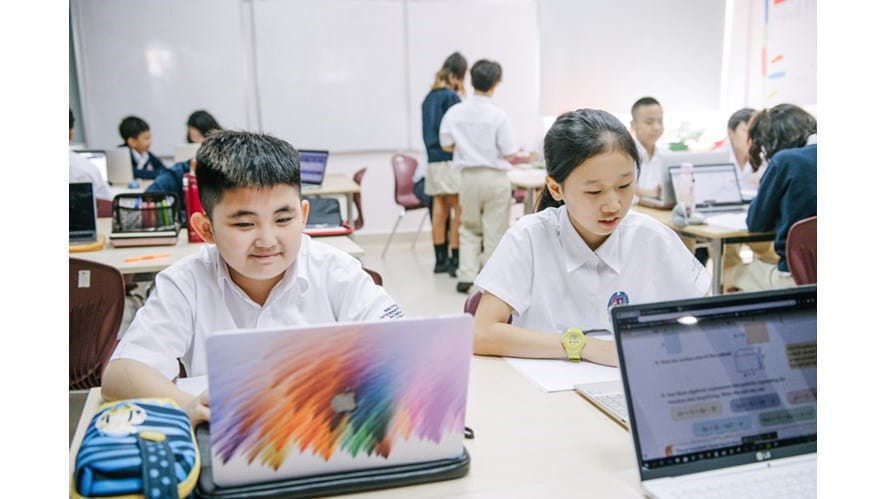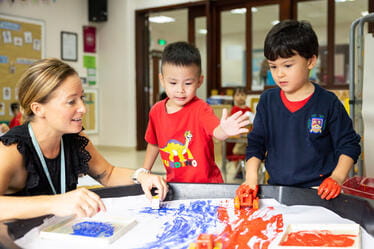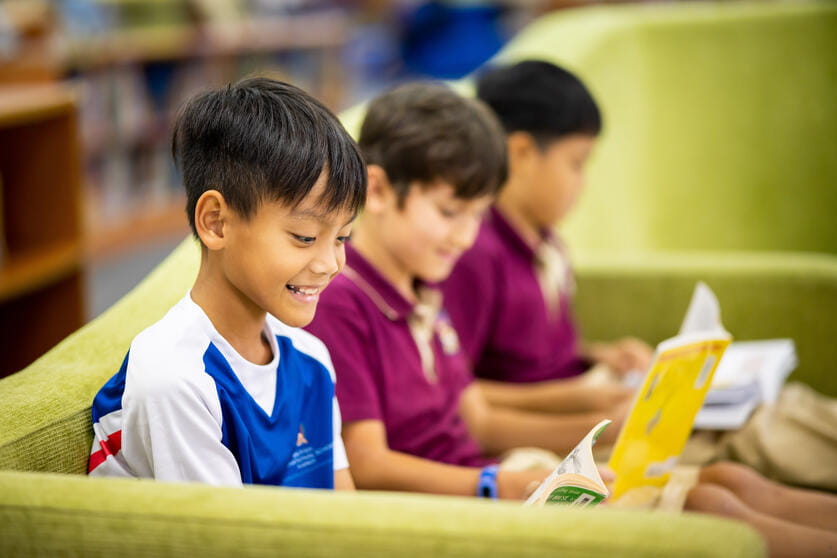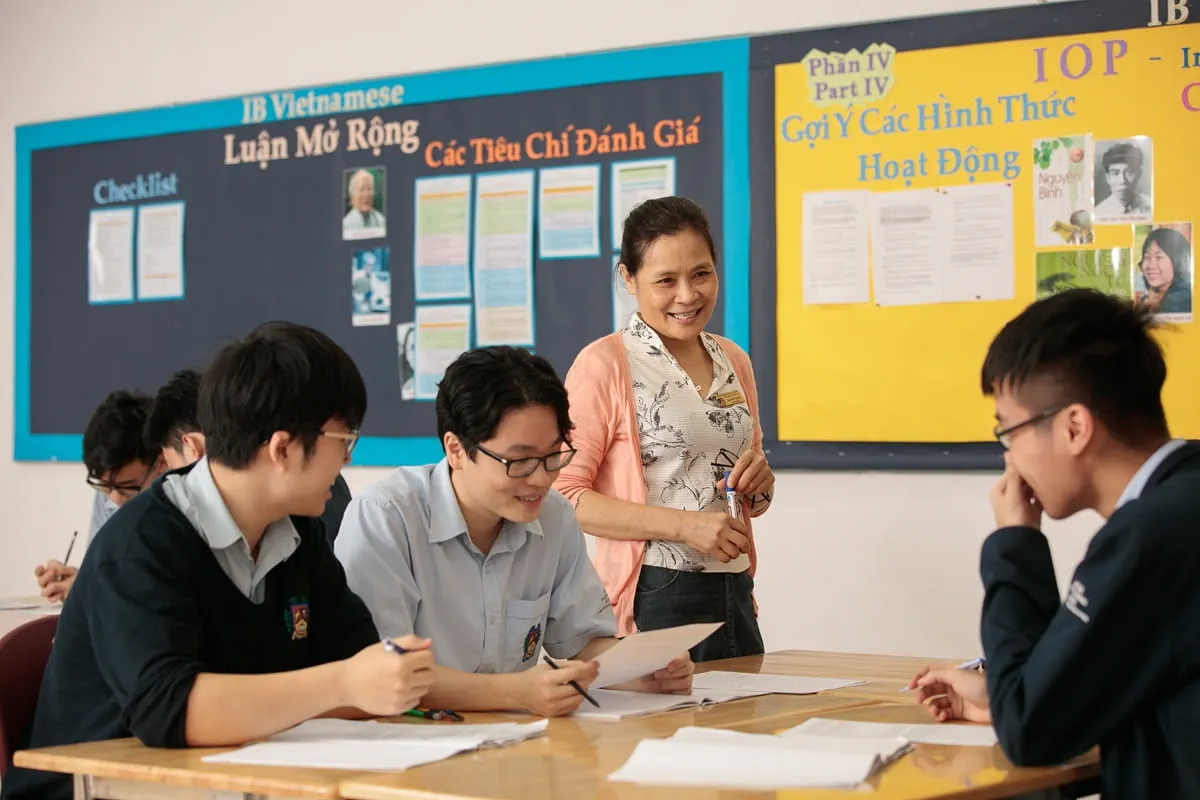Keeping children safe in the digital age As our parents risk assessed our activities as children and ensured we fully understood our hazards, we must do the same for our children. Technology can be a wonderful thing but when it is allowed access to our children’s bedrooms it absolutely needs to be managed. Vietnamese & Korean version is available below.
As our parents risk assessed our activities as children and ensured we fully understood our hazards, we must do the same for our children. Technology can be a wonderful thing but when it is allowed access to our children’s bedrooms it absolutely needs to be managed.
Dear parents,
As I approach an important milestone in life, I can’t help but reflect on the changes I have seen in my own lifetime. The analogue age of our own childhood was so much less complex. You spent most of your time outdoors with friends, often without an adult in sight. Your friends were people you knew existed because they would knock on your door with a football. You saw youth in their faces, could make out their accented voices in a crowd and could interpret how they felt as you knew their expressions and emotions. Back then, if somebody wanted to cause you harm, they had to come and physically find you. When you were at home in the safety of your family at the end of the day, the outside world could never force its way in.
Fast forward to the digital age, an age of comparative uber complexity where walls are firewalls, where friends are avatars or photoshopped images on a social media or gaming platforms and where every manually captured thought on a device can be heard instantly anywhere in the world. The good, the bad and the ugly have a space, have a voice and can transport themselves into your homes without you even knowing.
My son is a digital native. His screen is merely an extension of his upper limbs and I doubt I can change that connection with technology for that is where the future is headed. I can, however, make it safer for him and I owe it to him to do my utmost to keep him from the harm that he cannot see. What drives me is my entire career in education in the digital age; I have seen how technology can totally seduce young lives and subvert normal family safeguarding protocols. Without checks and balances, I have seen first-hand the harm it has caused to individuals and families. I have seen it open doors to compromise children’s physical safety and infect self-esteem and family dynamics.
Technology has provided parents with a genuine off button. The screen turns off the noise of sibling rivalry and children demanding your attention after a long day at work. In the analogue age, we would have played outside in the streets or fields with our friends whilst our parents rested. Our parents would have communicated what and where we could play and with whom. We knew traffic could knock us down, snakes bite and it was wise to be suspicious of adult strangers getting close to us. By contrast, while you are offline taking a nap, your children are online and could be playing anything, anywhere and with anybody. The new 13-year-old friend from overseas could be a 40-year paedophile living in Hanoi but neither you or your child are aware of this yet.
You see, you can be anyone on-line. You can be any gender, any age, any nationality, anywhere. Isn’t that scary? Imagine a trusting child trying to make sense of this world. Photographs shared can literally be photographs of anyone. If you meet somebody on-line, you have no idea who they are but our children, if allowed, will trust and believe so much more readily than you can begin to fathom.
As our parents risk assessed our activities as children and ensured we fully understood our hazards, we must do the same for our children. Staying safe online is an integral part of our BIS Life Skills programme. At school, we have filters and firewalls to protect your children from cyber harm. We can track their activity online and can intervene swiftly if required.
Here are the five key questions to ask yourself as a parent:
1. How vigilant and aware are you of your child online at home?
2. What social media accounts do your children have?
3. Who are their cyber friends?
4. How confident are you that their friends are who they say they are?
5. What controls are in place at home to safeguard your children online?
Technology can be a wonderful thing but when it is allowed access to our children’s bedrooms it absolutely needs to be managed.
Advice and guidance for parents on how cyber activity can be managed can be found here.
https://www.webwise.ie/parents/advice-top-10-tips-for-parents/
Jay Graham
Deputy Head of Secondary
Please look for Vietnamese and Korean version below






